By Maryalice Yakutchik
A few moments of hygiene to save time and lives
Silué Nangboho Moumini, Jhpiego’s monitoring and evaluation technical advisor in Côte d’Ivoire, spends his days poring over project data, ensuring its quality for a CDC-funded study focused on improving HIV prevention, care, and treatment.
If the work sounds wonky and without warmth, Silué—a data guy who’s a nurse in his heart as well as by degree—will set you straight. His penchant for auditing diagnoses and monitoring retention has roots in clinical care and is fueled by a passion to care for desperate and complicated patients; he’s been drawn for decades to people living with HIV.
As a stubborn advocate for the power of data in informing health care decisions, Silué has earned professional respect, if grudging, from doctors who considered nurses to be intellectually inferior. Silué has managed to enlighten some along the way: “They realized that even though they are doctors, they did not have all the knowledge in the world.”
A nurse since 1999, Silué was introduced to research methods and evidence-based decision making during training. In 2000, while working as chief nurse in a rural health center in the south-central part of the country, Silué revamped vaccination door-to-door procedures to capture more people while at home. He did this by identifying and mapping the times of the day most people were there.
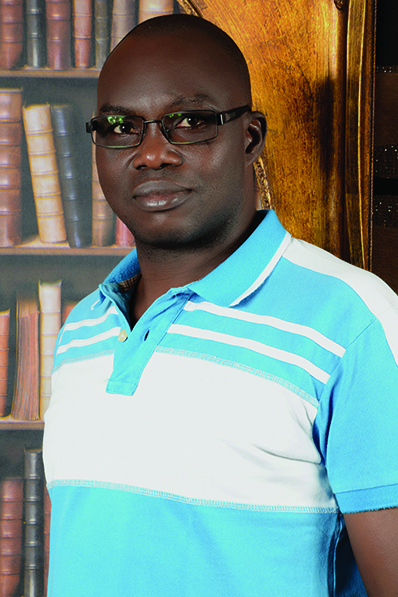
Silué Nangboho Moumini, a stubborn advocate for the power of data in informing health care decisions.
Also, after analyzing the data from consultations, he realized that the number of cases of diarrhea was very high in villages that depended on the health center. He linked the villagers’ practice of open defecation with an uptick of diarrhea cases at the beginning of the rainy season, when mangos and oranges are abundant. He noticed that the villagers consumed these fruits without washing and knew the problem needed a long-term resolution; one that would involve the construction of village latrines. In the meantime, he devised a short-term fix by organizing hygiene-awareness sessions for villagers.
“For hand washing before meals and washing fruits before eating, there was a village pump,” he says. “And when it was broken, I asked them to boil the water and let it cool down before using.”
Then Silué described for villagers two scenarios, each with a profound impact on their earning power:
“Eating fruits without washing them or eating without washing your hands before can give you diarrhea and cost you two to three days of working in your fields, money for you to buy medicines at the health center, and make your body suffer. I said that taking a little time to wash hands or fruit before eating can prevent sickness, save time for you to work in the fields, and save money. Then, I asked, of the two situations, what do you choose?”
Villagers smiled at Silué and replied, “It is not a pleasure for us to always be at the hospital. We are going to change, doctor.” (In the village, nurses and midwives are also called “doctor,” which in the local dialect is synonymous with healing and curing.)
“I told them: ‘I am not only here to sell you medicine but to help you to avoid coming to buy medicine by avoiding diseases that can be prevented because medicines are not free, they are expensive.’ They found these words compassionate and they said, ‘our doctor is human.’
“They had esteem for me and truly respected me.”
To treat and cure, Silué concludes, one does not always need medicines: “Sometimes you just need small words and simple gestures.”
Small words, simple gestures—and big, complex data about projects that show whether or not they are working, and how best to optimize them.
“I want my work to be able to provide the same service to the population at all levels, and that’s what made me collect data and analyze it,” Silué says. “Identifying problems for their resolution can bring the smile to the sick.”
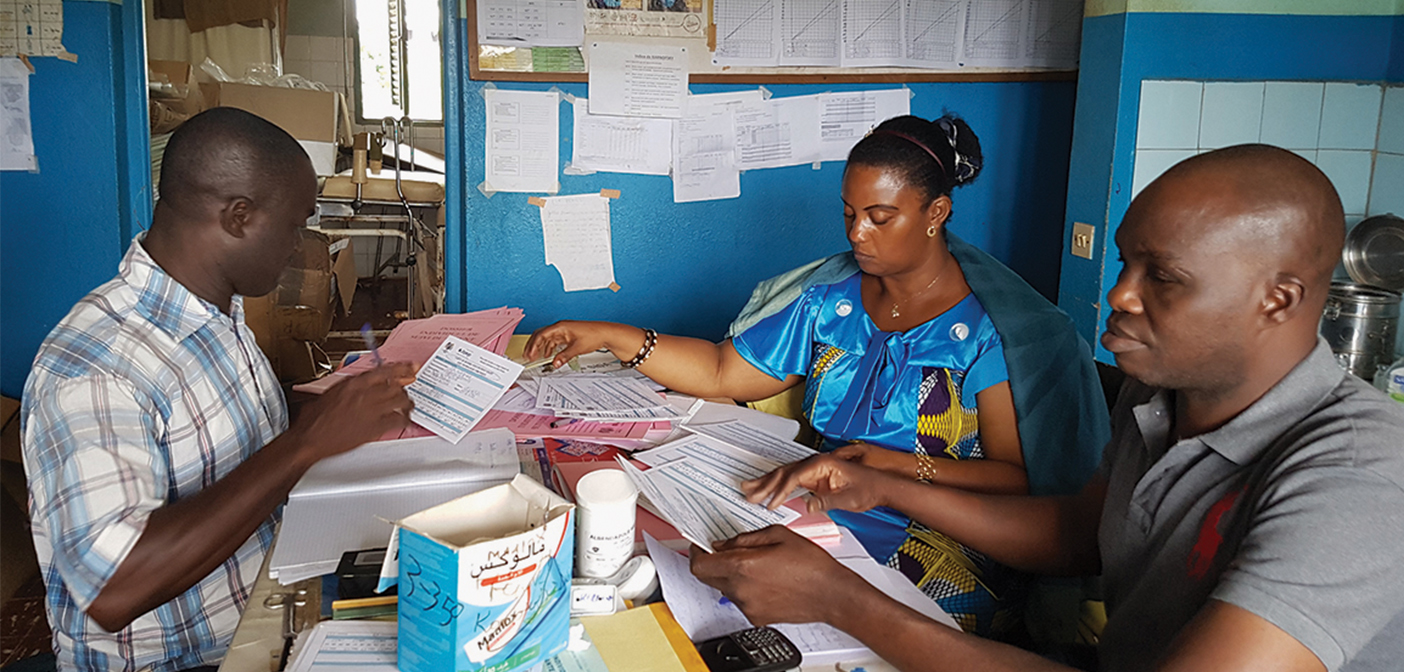
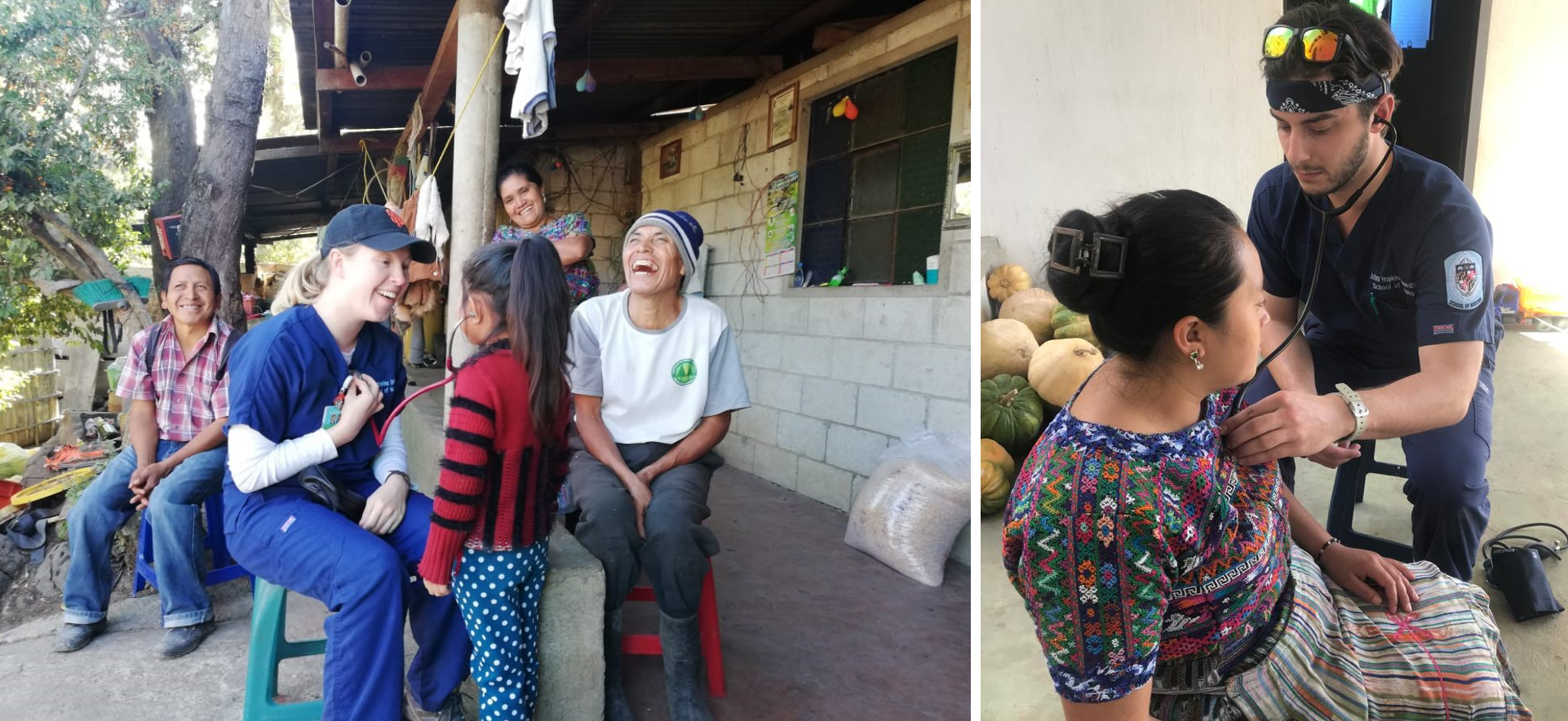 Guatemala Re-visited: Rainwater Project Shows Value of Service-learning Trips
Guatemala Re-visited: Rainwater Project Shows Value of Service-learning Trips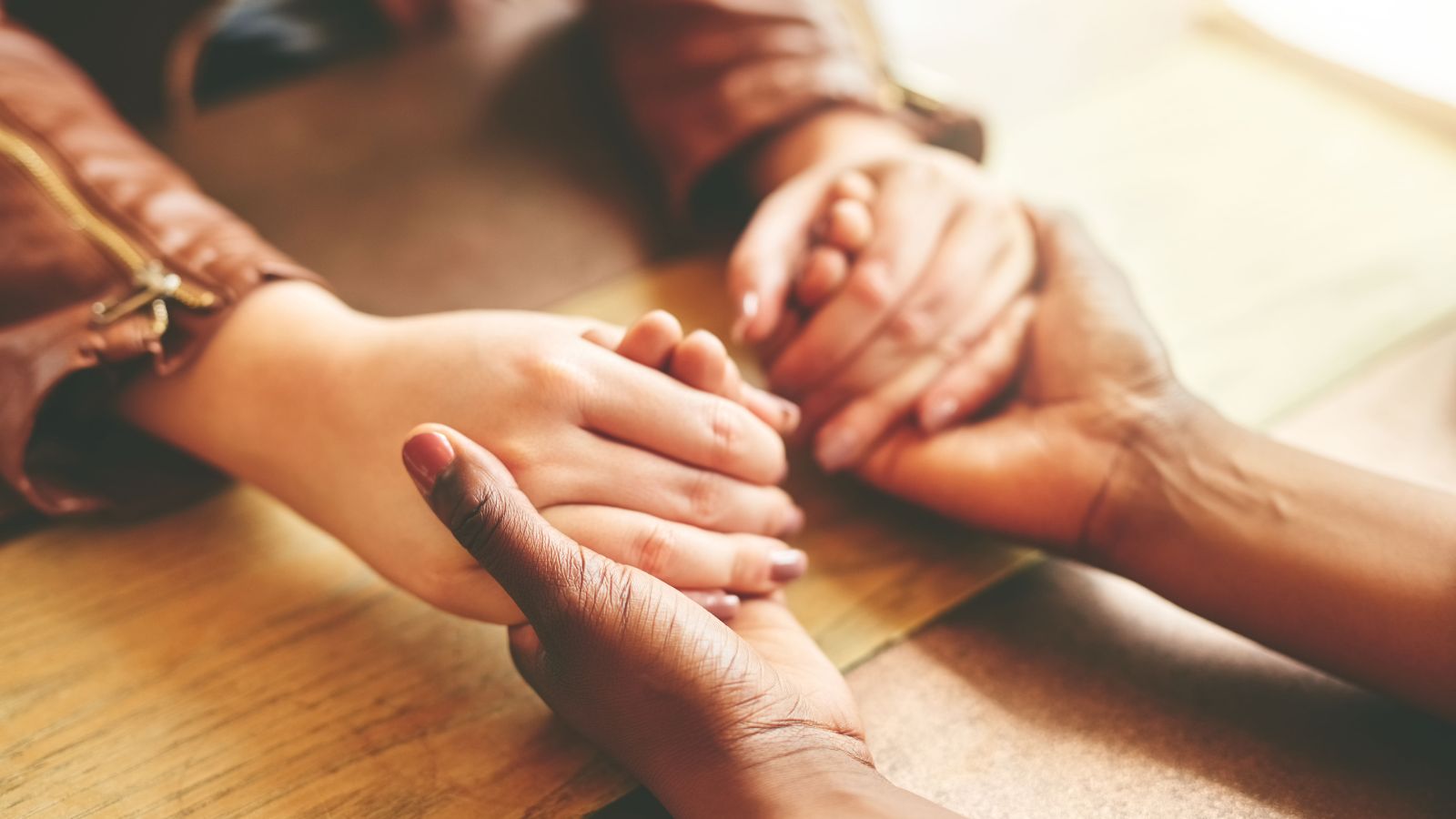 My First Teachers in Nursing School Weren’t Nurses
My First Teachers in Nursing School Weren’t Nurses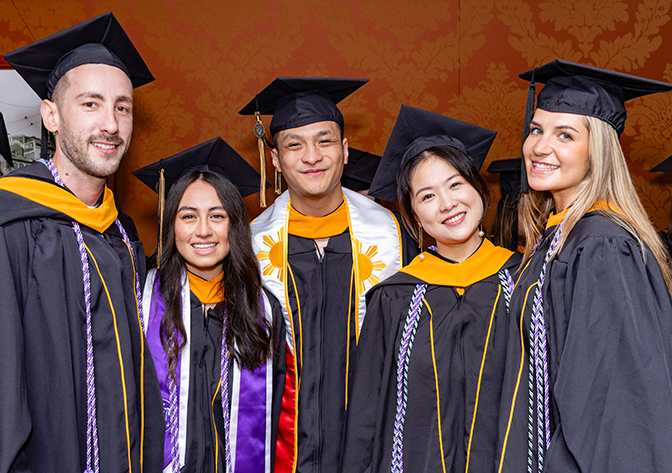 Awards for Diversity
Awards for Diversity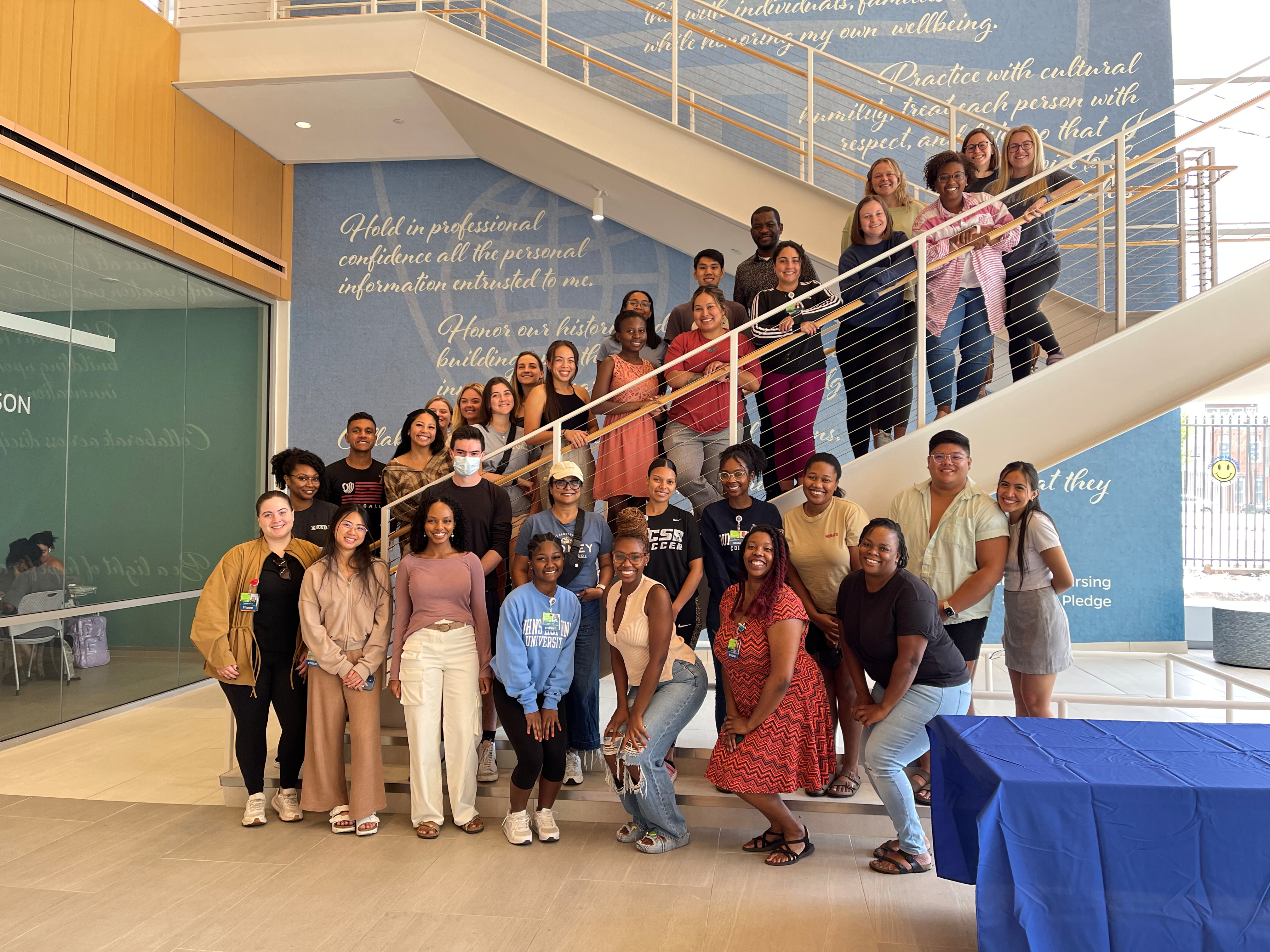 The Learning Collaborative: ‘I Think I Can, I Think I Can …’
The Learning Collaborative: ‘I Think I Can, I Think I Can …’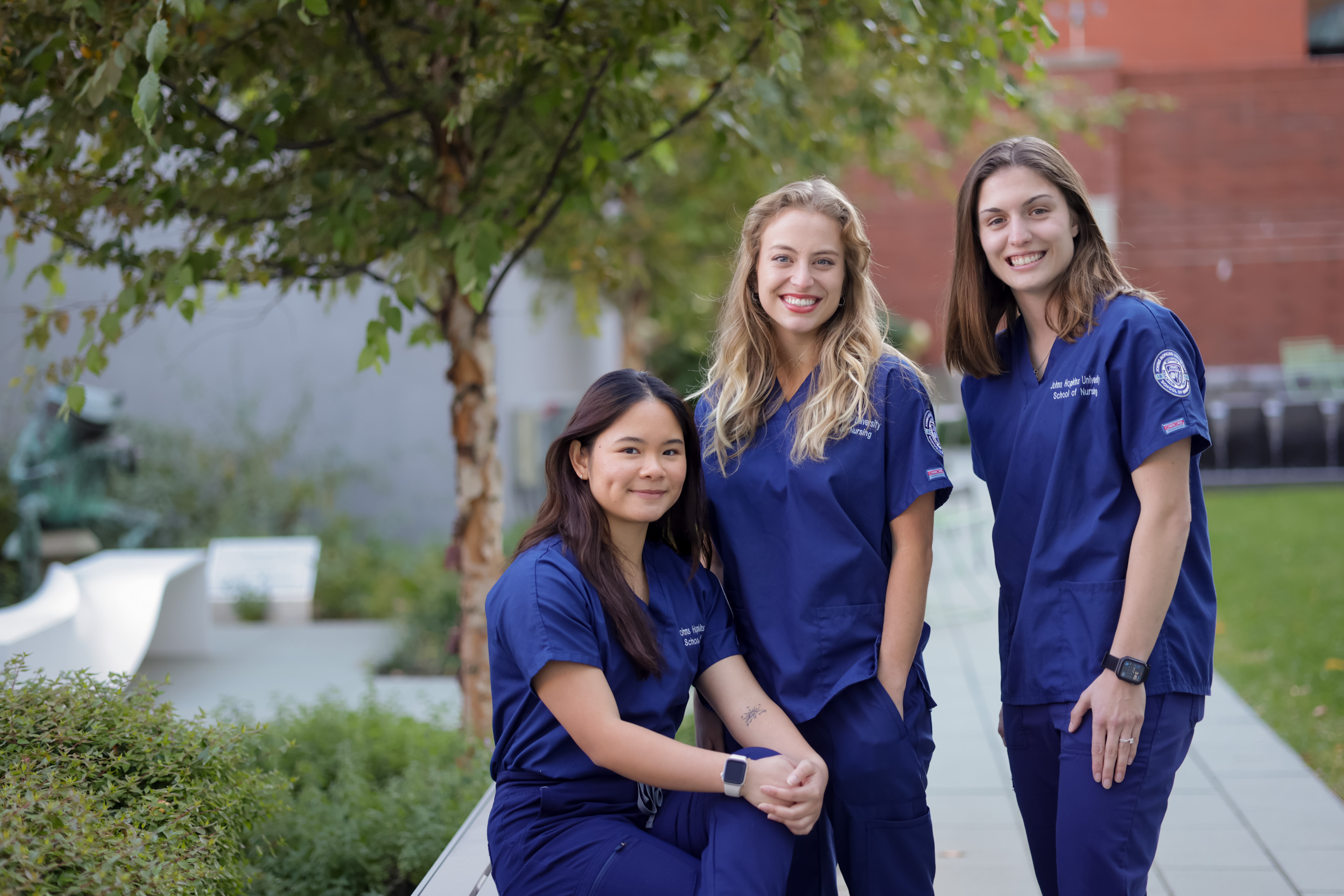 Military to MSN and Back: A Select Few
Military to MSN and Back: A Select Few







